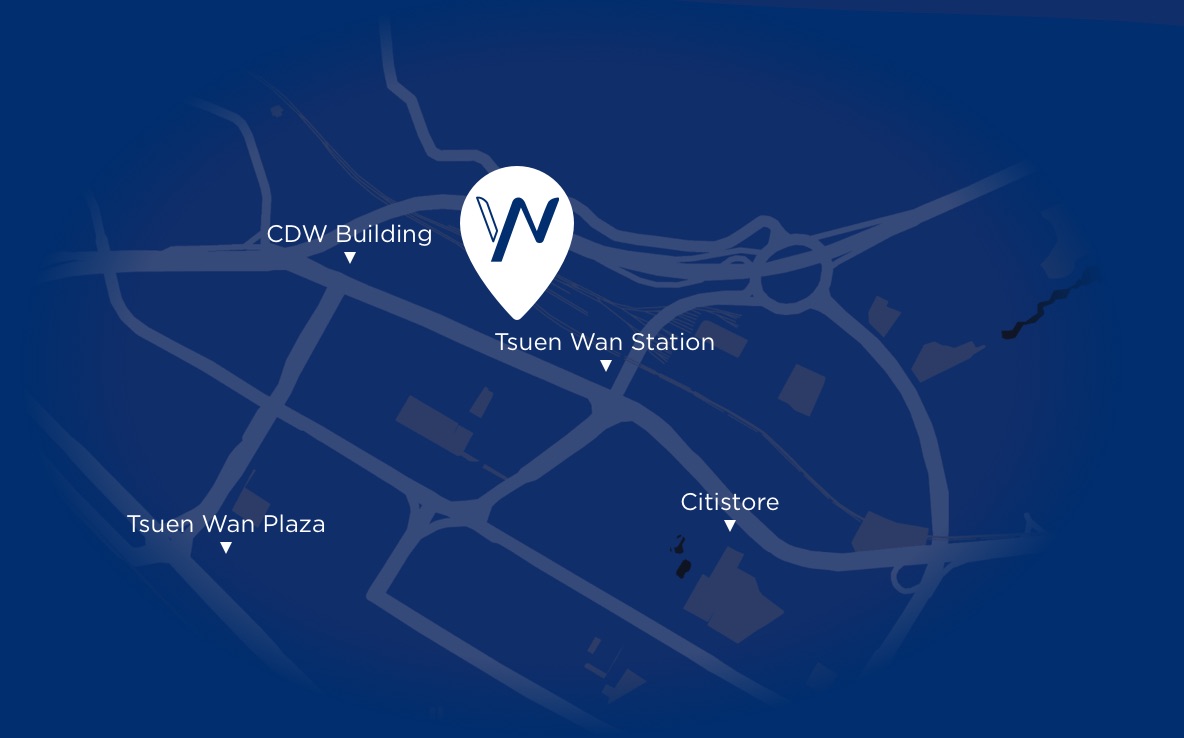The Foreign-Sourced Income Exemption (FSIE) Regime was introduced under the Inland Revenue Ordinance (IRO) to cover tax treatments relating to (i) interest, (ii) dividends, (iii) disposal gains, and (iv) intellectual property income, accrued to and received by a member of a multinational enterprises (MNEs) in Hong Kong. This enactment came into effect on 1 January 2023 with no grandfathering arrangements, and was further expanded on 1 January 2024.
The FSIE regime was originally created to address aggressive tax planning by Multinational Enterprises (MNEs) and is aligned with the Organisation for Economic Co-operation and Development (OECD) guidelines to combat double non-taxation issues globally.
Double non-taxation is when income is not taxed by either the resident jurisdiction or the source jurisdiction because of differences or gaps between their tax systems and treaties, also known as tax evasion.
Prior to the enactment of the FSIE, Hong Kong adhered to a territorial source principle, where only income sourced within Hong Kong was subject to taxation. This led to essentially a flow of tax-free income passing through Hong Kong, and eventually to the enactment of the FSIE regime. The new regime represents a shift from traditional practices by taxing MNEs in Hong Kong on specified foreign-sourced income. Although the provisions appear restrictive, MNEs can apply to be exempted from the FSIE regime by meeting specific requirements.
What Exemptions Can MNEs Qualify For?
The exemptions under sections 15K to 15M of the IRO have specific requirements MNEs must meet to qualify. These requirements are dependent on the income type, which will ask MNEs to fulfill at least one of the requirement types as indicated in the IRO; namely (i) economic substance requirement (section 15K), (ii) Participation requirement (section 15M), and (iii) Nexus requirement (section 15L).
| Exemption Requirements | |||
| Types of Foreign-Sourced Income | Economic substance requirement (Section 15K) | Participation requirement (Section 15M) | Nexus requirement (Section 15L) |
| Interest | ✅ | ||
| Dividends | ✅ | ✅ | |
| Disposal Gains | ✅ | ✅ | |
| Intellectual Property (IP) Income | ✅ | ||
The conditions required to apply for exemption are as follows:
| Exemption Requirements | Affected Foreign-Sourced Income Type | Conditions |
| Economic Substance Requirement (Section 15K) | Interest Dividends Disposal Gains | Entities must demonstrate substantial economic activities in Hong Kong assessed using the Adequacy Test, which considers:
Requirement distinction between entity types:
|
| Nexus Requirement (Section 15L) | Intellectual Property Income | Exemption is determined using a nexus ratio, linking qualifying R&D expenditures to the income generated to ensure income is proportional to substantial economic activities. |
| Participation Requirement (Section 15M) | Dividends Disposal Gains | An MNE entity qualifies if it:
Exceptions to exemption: If the income falls under the Anti-Hybrid Mismatch Rule or violates the Anti-Avoidance Rule |
Term Definitions
Pure Equity-Holding Entities are defined as entities whose sole purpose is to receive and hold interest, dividends and disposal gains.
Non-Pure Equity-Holding Entities are defined as entities that, on top of receiving and holding interest, dividends and disposal gains, also manage operations and make strategic decisions for the Hong Kong entity.
The Nexus Ratio is defined as a portion of expenditure spent on research and development on its economic activities relative to overall expenditure on economic activities
The Anti-Hybrid Mismatch Rule prevents arrangements that exploit the differences in the tax treatment of an instrument or entity.
The Anti-Avoidance Rule gives the IRD authority to deny particular tax-benefits that would lead to tax avoidance by the entity.
Exemption Application Case Study
To give an idea of how these exemptions are put into practice, shown below is an example of an MNE based in Hong Kong applying for exemption on their foreign-sourced dividend income and how they meet the requirements. You can find more example case studies on IRD’s website.
Applicant Background
- The Applicant is a MNE as per section 15H(1) of the IRO and is a non-pure equity-holding entity.
- Their business profile is a private limited company in Hong Kong that mainly sells physical goods and holding investments.
- The Applicant owns 75% of Company-F in Jurisdiction F. Furthermore, the Applicant expects to receive offshore dividend income from Company-F, and classifies such income as specified foreign-sourced income under section 15H(1) of the IRO.
Applicant Working Arrangement
- The Applicant conducts specified economic activities in Hong Kong, including strategic decision-making and risk management for its assets, characteristics of a non-pure equity-holding entity.
- The Applicant MNE has directors and employees in Hong Kong and outsources legal and business support to a local service provider.
- Conditions met:
- The MNE maintains a number of qualified employees in Hong Kong each year.
- The MNE incurs operating expenses in Hong Kong annually, which are accounted for as operating expenditures.
- The MNE monitors the activities carried out by a service provider in Hong Kong.
The Ruling
The Applicant has met the economic substance requirements under section 15K of the IRO, therefore qualifying it for exemptions from the FSIE regime.
How can Yau and Wong CPA help
At Yau and Wong CPA, we are dedicated to assisting our clients in navigating the FSIE regime. Our team of qualified accountants collaborates closely with MNEs to determine their eligibility for exemptions under Hong Kong’s tax laws by thoroughly assessing their economic activities.
We also provide expert advice on preparing and submitting Advance Ruling applications to the IRD to help our clients prove their foreign-sourced income received in Hong Kong.










